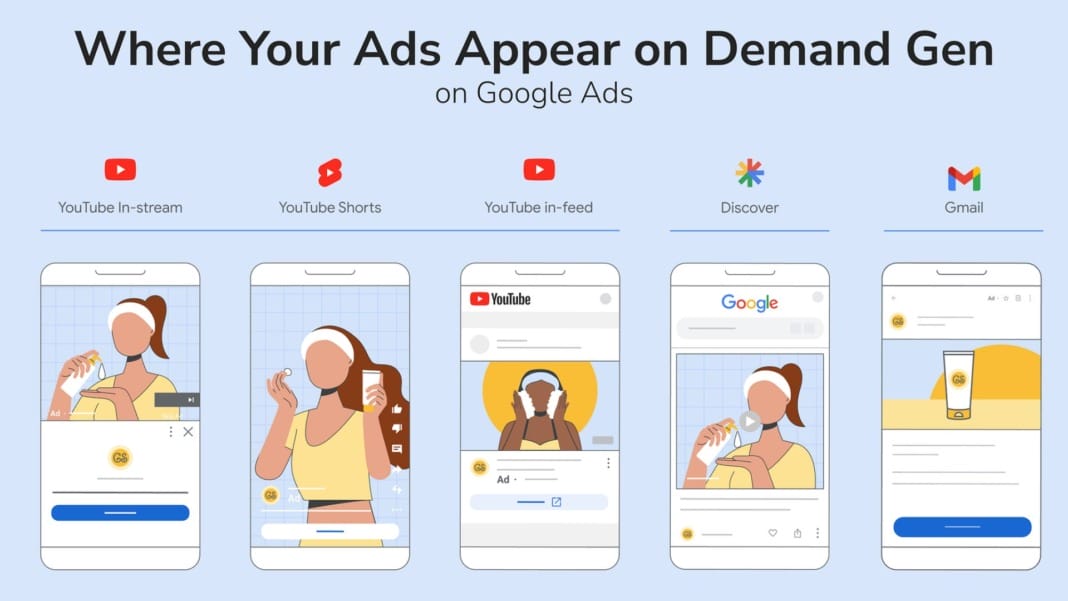TikTok has introduced new restrictions on how advertisers can target teens and has implemented requirements for more transparency when using AI in ads. These changes are designed to protect younger users and increase overall ad transparency, potentially altering how advertisers reach and engage with TikTok’s audience.
TikTok’s new policies mean that U.S. advertisers can only target teens using broad categories such as location, language, and device information. This move aims to limit the specificity with which advertisers can reach younger audiences, providing a safer online environment for teenagers.
Additionally, TikTok users will now have greater control over their ad interests and the ability to manage sharing their data outside of the platform. This increased control is part of TikTok’s ongoing efforts to enhance user privacy and give individuals more power over their digital footprint.
Introduction of AI transparency
TikTok will now require clear labels on ads created using artificial intelligence to increase transparency around AI-generated content. This move aligns TikTok with industry trends and mirrors similar steps taken by other social media giants like Meta. By ensuring that AI-generated content is adequately disclosed, TikTok aims to build trust with its users and clarify the nature of the content they view.
Impacts and future implications
With approximately 25% of TikTok’s audience under the age of 20, these changes could significantly impact advertising strategies. Brands that have relied heavily on targeting teens with specific and tailored ads may need to adapt their approaches. The restrictions on teen targeting might challenge these brands to rethink their strategies and find new ways to engage with their audience.
Furthermore, introducing AI content labels could affect how brands create and present their advertisements. Transparency about the use of AI in ad creation is expected to influence user trust and engagement on the platform, making it essential for brands to stay ahead of these changes.
What to expect
As these changes take effect, monitoring their impact on advertising performance and user engagement will be crucial. Brands must reassess their TikTok marketing strategies, particularly those targeting younger audiences or heavily relying on AI-generated content. Keeping an eye on user feedback and adapting to the evolving advertising landscape will be vital for maintaining successful ad campaigns on TikTok.
By implementing these changes, TikTok is taking steps to align itself with broader industry trends aimed at protecting user privacy and increasing transparency. Advertisers must navigate these new rules while maintaining effective and engaging ad campaigns.





